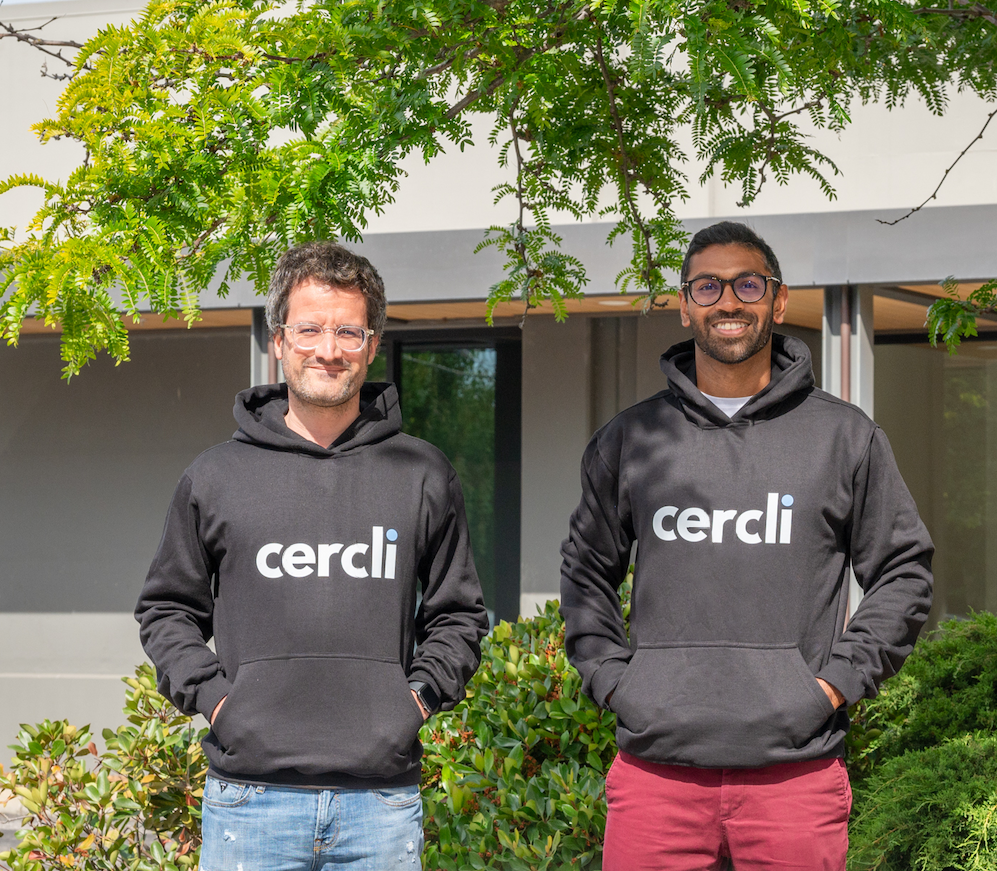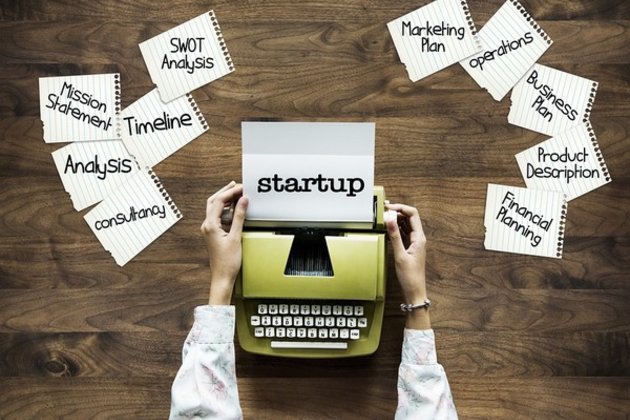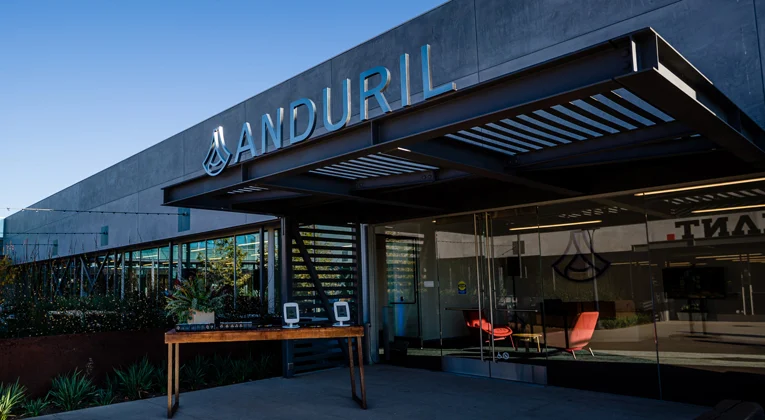
Cercli Secures $4M to Build the “Rippling of the Middle East and North Africa
Startup
Zaker Adham
03 September 2024
21 June 2024
|
Zaker Adham
Summary
Summary
Zepto, the Mumbai-based startup known for its 10-minute delivery service, has secured $665 million in a new funding round, catapulting its valuation to $3.6 billion from $1.4 billion in less than a year. The company is intensifying its efforts to dominate India’s competitive quick commerce market.
Zepto delivers a wide range of products, from groceries to electronics, to consumers in urban Indian areas within minutes. While similar services have struggled in developed markets, the rapid-delivery model is flourishing in India.
The Series F funding round, which was highly oversubscribed, was co-led by Glade Brook, Nexus, and StepStone Group. Other investors include Avenir, Lightspeed, Avra, Goodwater, Lachy Groom, and Contrary. DST Global, an early backer of Zepto rival Swiggy, also participated in this round, although Zepto did not publicly acknowledge their involvement.
Zepto faces competition from BlinkIt (owned by Zomato) and Swiggy’s Instamart. These companies have established numerous "dark stores" across urban India, strategically positioned to ensure quick delivery times.
Will Robbins, a partner at Contrary, highlighted the efficiency of dark stores: “With less space needed than traditional storefronts, Zepto can deploy a vast network across cities, ensuring swift delivery.”
Zepto plans to expand its network of dark stores to over 700 by March 2025. The company reported a 140% increase in revenue from the previous year, with its annualized gross merchandise value (GMV) expected to exceed $1 billion. Currently, Zepto works with over 50,000 delivery partners, adding 5,000 more each month.
As of last month, about 75% of Zepto’s dark stores were EBITDA positive. Improved operational efficiency has significantly reduced the time required for dark stores to achieve profitability, from 23 months to just six.
India’s $4 trillion economy has proven fertile ground for the growth of quick commerce, surprising many investors and analysts. The culture of hyper-local purchasing, where consumers frequently buy small-ticket items, has been a key driver.
“In India, the culture of hyper-local purchasing is unique. Quick commerce meets the demand for frequent, low-ticket purchases,” explained Aadit Palicha, Zepto’s co-founder and CEO.
While some quick commerce firms are branching out to offer high-ticket items like smartphones, Zepto focuses on lower-stake purchases such as household appliances, beauty products, and kitchen items. The company is currently expanding its operations to smaller cities like Jaipur, where local offline stores struggle to meet consumer demand.
Zepto’s continued success could lead to a public offering soon, according to Palicha.
Ben Jubas, a partner at Avenir, noted that Zepto’s operational rigor and value proposition position it to become a major player in commerce. “Zepto can transform retail in India,” he said.
Some analysts believe that quick commerce companies like Zepto could significantly impact the market share of giants like Amazon and Flipkart. Goldman Sachs estimates the addressable market for quick commerce in India’s top 40-50 cities at about $150 billion.Regulatory Insights

Startup
Zaker Adham
03 September 2024

Startup
Paikan Begzad
31 August 2024

Startup
Zaker Adham
21 August 2024

Startup
Zaker Adham
08 August 2024